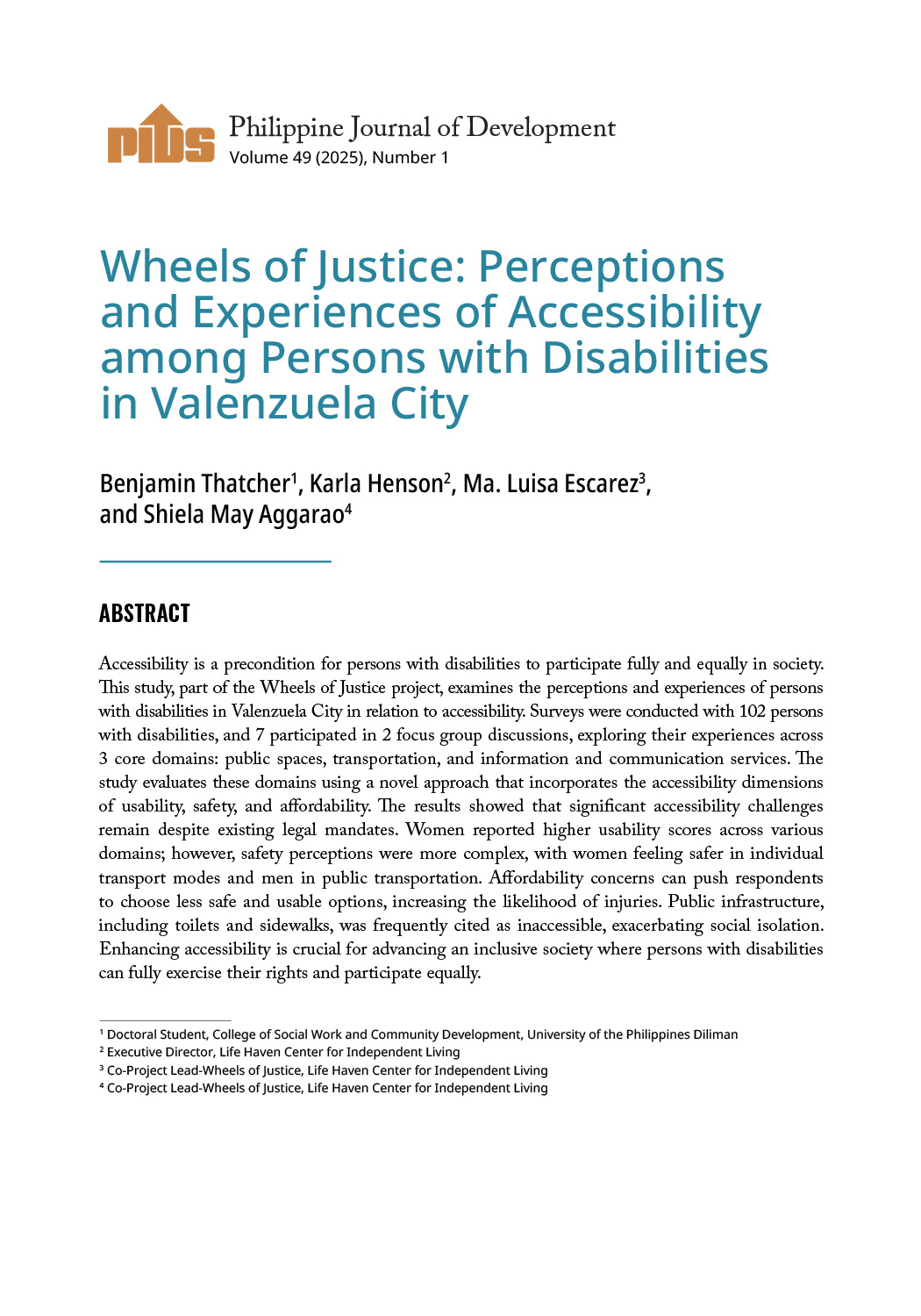Even as large and family-run companies dominate the Philippine business landscape and small enterprises face high barriers of entry, anti-trust rules should not necessarily “protect” the latter, industry experts said on Friday.
“Competition law is not protecting small businesses. The goal is not to say, they don’t need to face up SM in the marketplace. But you go to the field, you know the rules, if you’re good some of you will grow,” Michael Schaper, deputy chair of the Australian Competition and Consumer Commission, said during a panel discussion on the second day of the Manila Forum on Competition in Developing Countries in Makati City on Friday.
The panelists acknowledged the importance of micro, small and medium enterprises (MSMEs) in catering to markets unserved by large conglomerates to give consumers more product choices. However, they said the competition regulator shouldn’t give them special treatment.
“You don’t need a competition law to protect them. Our focus is access to mentorship, money, and market. If an entrepreneur will not have access to these three, it would be impossible to succeed,” Presidential Adviser for Entrepreneurship Jose Maria A. Concepcion III said.
“There are many ways to enter, and this is what entrepreneurship is all about. The creativity and innovation,” he added.
He said however that the anti-trust body should not put the clamps on the digital environment, which is MSME’s point of entry amid large firms’ dominance in the market.
“What’s important is we should not regulate a changing landscape. I look forward to the digitalization of market. Us, large corporations compete for market dominance. In the meantime, many of our MSMEs, they will be hit in this massive competition from the big boys. The barriers to entry are created by ourselves,” said Mr. Concepcion.
“What is our chance for the MSMEs? To allow MSMEs in the supply chain…let us allow the digital economy to run its course,” he added.
Established brick-and-mortar businesses will be forced to likewise adopt the digital innovations of MSMEs, he said. “The market is still the ultimate test. If you’re innovative enough, you can deal with the Samsungs of the world, so the balance it’s pretty tough. I think that’s important. But don’t overregulate to kill innovation as well,” Tony Fernandes, AirAsia group chief executive officer said.
Erlinda Medalla of the Philippine Institute for Development Studies however said that other sectors should still support small firms through providing more access to finance and skilled labor.
“The rules to be applied are the same whether big or small. It’s going to be fair, no bias there. The important thing is that there is free entry. But you have to encourage start-ups, to provide access to finance, and skills which is not anti competitive,” she said.
She added that small enterprises do not need exemptions from the competition law despite having less capital for compliance costs.
According to Mr. Schaper, small businesses have less capacity to compete with large firms in dealing with legal snags. He added that MSMEs are more likely to spend on product development than bankrolling lawyers for legal purposes.
Stella Luz A. Quimbo, commissioner at the anti-trust body Philippine Competition Commission, said that only 11% of MSMEs are aware of the Philippine Competition Act or Republic Act No. 10667, citing a survey by the Asian Institute of Management.
“Small businesses usually soldier on. If you get someone to undercut you, or use a dirty trick, you are rarely likely to go to a competition regulator. The cost, the time, the effort is big,” said Mr. Schaper.
The least that regulators could do is to have legal solutions communicated in a “quick, straightforward manner.” “They’re not necessarily looking for legal solutions, what they’re looking for are answers in plain language, what practical outcomes that can be implemented easily,” he added.












